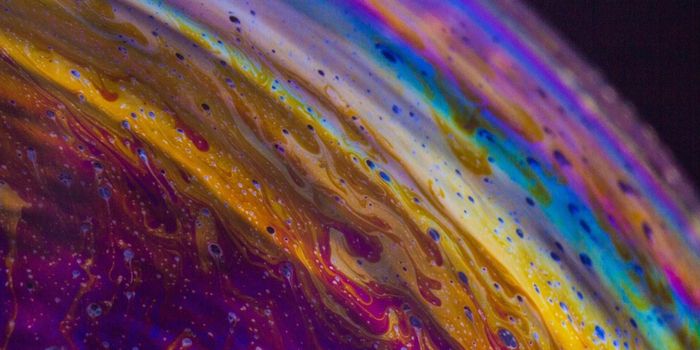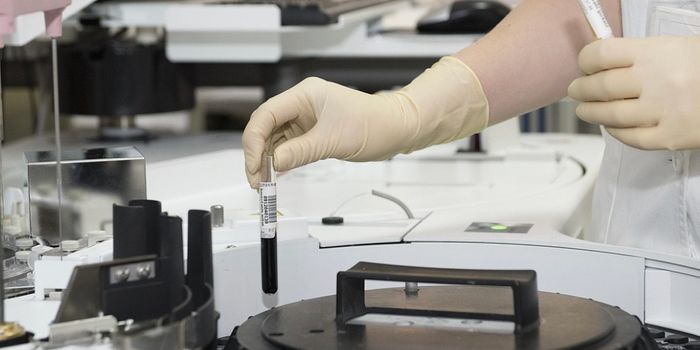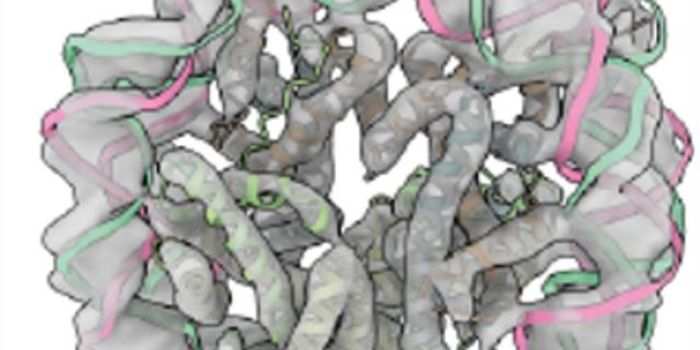Trying to Repair Age-related Gut Damage
It’s been established that a diet that restricts calorie intake can delay the onset of age-related illness and increase lifespan. However, it’s not clear why restricting food intake has that effect. New research has found that in a fruit fly model, a restricted diet protected flies from a weakened intestinal barrier, called leaky gut, and the inflammation that comes along with it as organisms age. Flies that were kept on a rich diet similar to an Atkins plan were found to be susceptible to intestinal permeability. A leaky gut lining has been linked to a variety of human diseases, and in this work, which was reported in PLOS Genetics, the scientists showed that dying intestinal epithelial cells, called enterocytes, were causing the leaks in the gut lining.
"The integrity of our gut declines with age and problems with intestinal permeability are now suspect in chronic inflammation, metabolic diseases and even neurological diseases like Alzheimer's," said Buck professor Pankaj Kapahi, senior scientist on the study. "The possibility that dietary restriction, or the use of dietary restriction mimetics, could help prevent this decline in humans opens a new area of research that could influence healthspan and longevity."
The lead investigator from this work, who now runs a lab of his own at the National Center for Geriatrics and Gerontology in Aichi, Japan is Kazutaka Akagi. His team looked at a gene called dMyc, which has a role in cell growth. They found that dMyc levels act as a sensor of cell integrity in enterocytes, intestinal cells. If the levels of dMyc are too low in a cell, its neighbors will eliminate the low-dMyc cells in a process called "cell competition,” so that gut health, and impermeability, will be maintained.
"But levels of dMyc naturally decline with age in enterocytes, leading to excessive cell loss and thus a leaky gut," he explained. "In our study, this decline in dMyc was enhanced by the rich diet, while dietary restriction maintained dMyc level[s] in the flies, preventing leaky gut and extending the lifespan of the animals."
The Kapahi lab wanted to know more about how imbalances in the levels of bacteria in the gut, called dysbiosis, influenced leaky gut in flies. While dysbiosis has been suggested to be a major cause of intestinal permeability, the investigators found that eliminating gut microbes carrying antibiotics did very little to protect to their animal models, and did nothing to alleviate the age-related enterocyte damage.
"The intestinal epithelium is affected by everything that moves through the gut. It would make sense that diet would have major impact on the health of those cells, especially over a lifetime of eating," said Kapahi. "While we understand the interest in the role of the microbiome, we think that diet may ultimately be the primary driver in cellular changes leading to leaky gut."
Hear more from Kapahi about nutrition, aging, and metabolism from the video.
Sources: AAAS/Eurekalert! via Buck Institute for Research on Aging, PLOS Genetics










